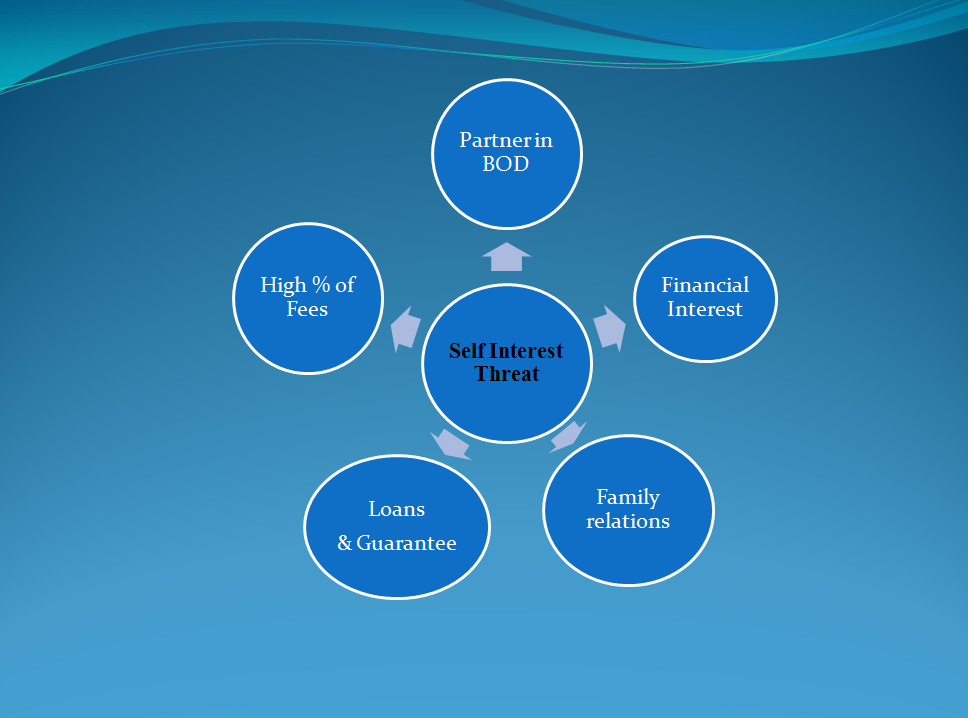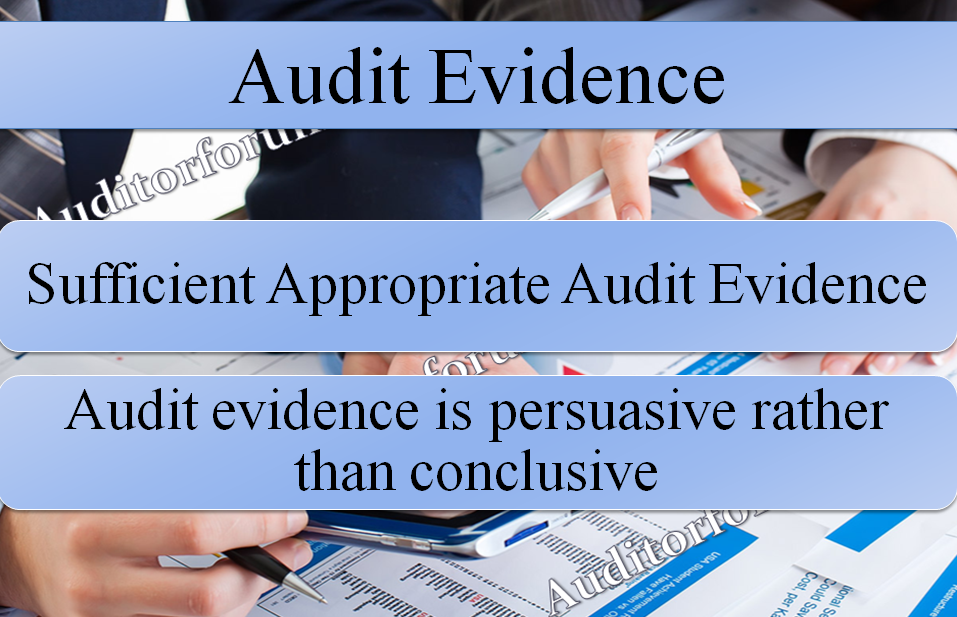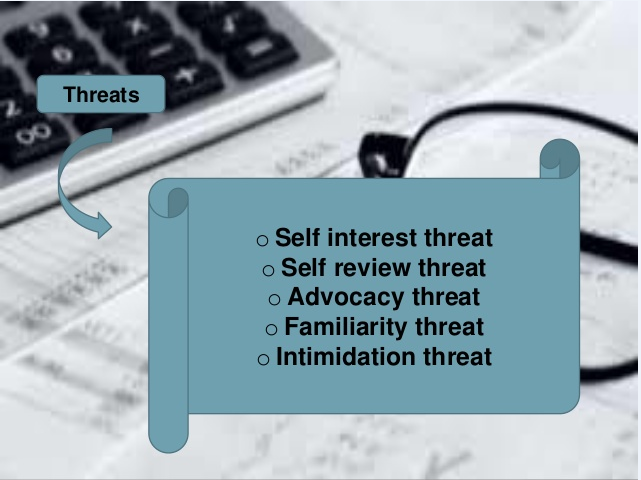What are the situations that may be indicative of dominant influence exerted by a related party.
Indicators of dominant influence exerted by a related party include the following:
- Significant transactions are referred to the related party for final approval.
- There is little or no debate among management and those charged with governance regarding business proposals initiated by the related party.
- Transactions involving the related party (or a close family member of the related party) are rarely independently reviewed and approved.
- The related party has vetoed significant business decisions taken by management or those charged with governance.
The audit team was able to ascertain that ABC Limited has entered into a number of transactions near the year-end with a new distributor XYZ Ltd, which is a related party. On being confronted, the management has informed that since there were no transactions with XYZ Ltd in the past, its inclusion in the schedule of related party transactions was inadvertently omitted.
Required Analyse each of the above situations and briefly describe your course of action.
Since related party relationship/ transactions have been identified which were not previously identified or disclosed to the auditor, the auditor shall:
- Promptly communicate the relevant information to the other members of the engagement team;
- Where the applicable financial reporting framework establishes related party requirements:
- Request management to identify all transactions with FL for the auditor’s further evaluation; and
- Perform appropriate substantive audit procedures relating to significant related party transactions
- Reconsider the risk that other related parties or significant related party transactions may exist that management has not previously identified or disclosed to the auditor, and perform additional audit procedures as necessary; and
- If the non-disclosure by management appears intentional (and therefore indicative of a risk of material misstatement due to fraud), evaluate the implications for the audit.
The details of related party transactions provided by the management includes a payment of Rs. 200 million to ABC Limited. The job in-charge is of the view that this transaction is not in normal course of business of the company.
Required: Analyse each of the above situations and briefly describe your course of action.
For identified significant related party transactions outside the entity’s normal course of business, the auditor shall:
- Inspect the underlying contracts or agreements, if any, and evaluate whether:
- The business rationale (or lack thereof) of the transactions suggests that they may have been entered into to engage in fraudulent financial reporting or to conceal misappropriation of assets;
- The terms of the transactions are consistent with management’s explanations; and
- The transactions have been appropriately accounted for and disclosed in accordance with the applicable financial reporting framework; and
- Obtain audit evidence that the transactions have been appropriately authorized and approved.






